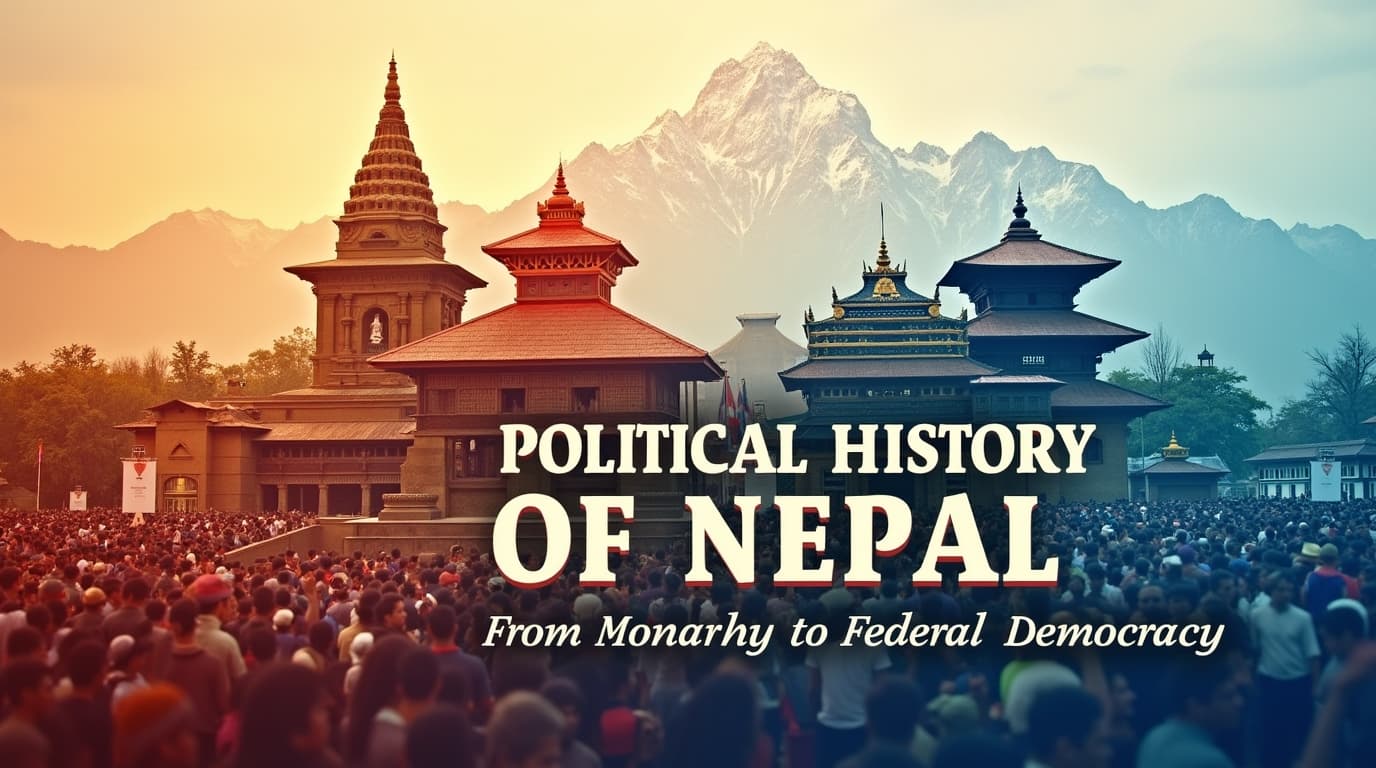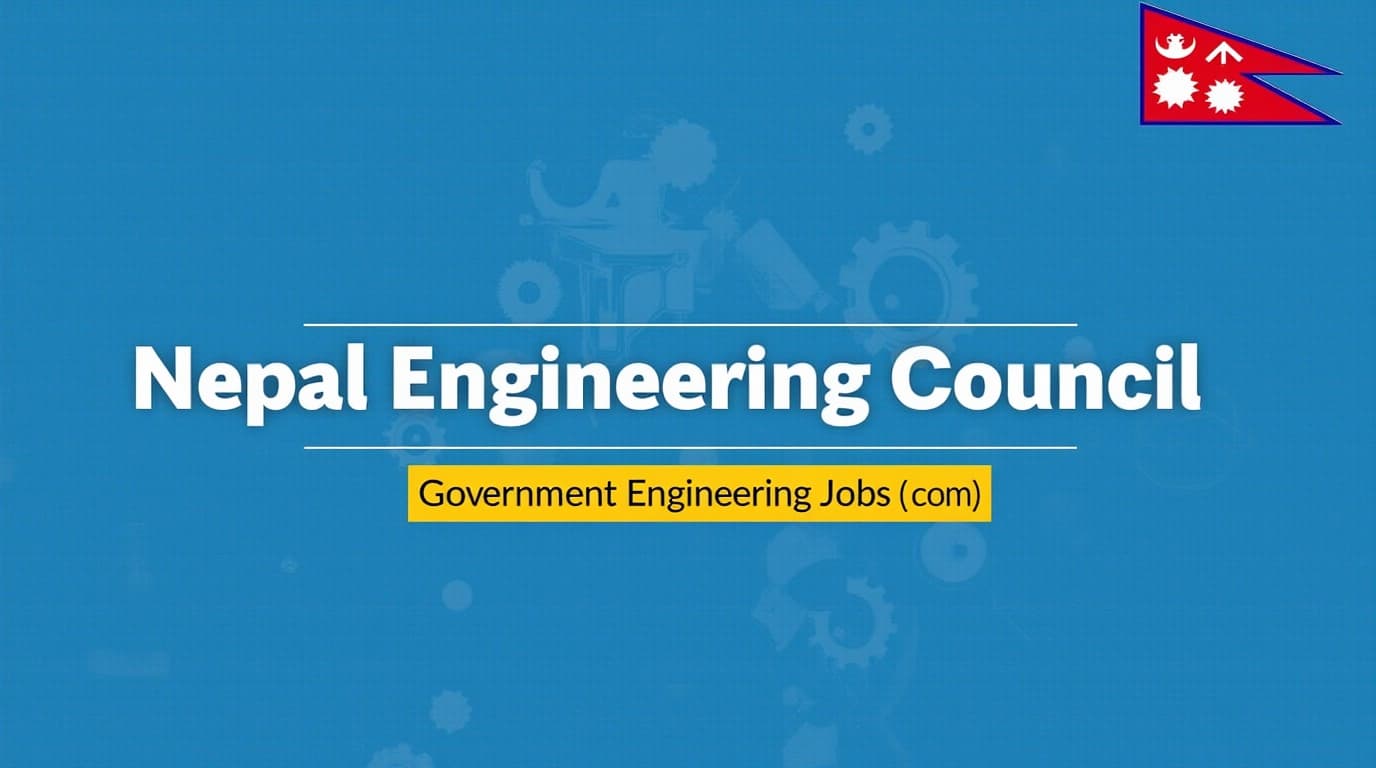Biggest Myths About Loksewa in Nepal:

The Loksewa Aayog, also known as the Public Service Commission (PSC), is one of the most respected institutions in Nepal. It is responsible for recruiting government employees through competitive exams. Every year, thousands of candidates prepare and appear for the Loksewa exams with the dream of securing a stable government job.
However, over the years, many myths and misunderstandings have developed around Loksewa. These myths often discourage genuine candidates or lead to confusion. In this article, we will uncover the biggest myths about Loksewa in Nepal and reveal the truth behind them.

1. You Need Political Connections to Pass Loksewa:
One of the most common myths is that you cannot pass Loksewa without political or personal connections. Many people believe that the system is biased or influenced by political leaders.
Truth: This is not true. Loksewa Aayog is known for its fair and transparent system. The exams are conducted under strict rules and supervision. The answer sheets are checked anonymously, and results are based on merit. While corruption may exist in some parts of the government, Loksewa has maintained a strong reputation for fairness.
2. Only Toppers and Genius Students Can Pass:
Another popular myth is that only students with very high academic performance or intelligence can pass Loksewa exams.
Truth: You don’t have to be a genius or a school topper to succeed in Loksewa. What you need is consistent preparation, proper guidance, and hard work. Many average students who prepare with dedication pass with flying colors. The syllabus is vast, but not impossible to cover with the right strategy.
Read this Article: Engineers salary in nepal.
3. You Must Study 12+ Hours Daily to Crack the Exam:
This myth often scares candidates. Some believe that studying more than 12 hours daily is the only way to succeed.
Truth: Quality matters more than quantity. Studying for 6–8 hours with full focus and understanding is more effective than sitting for 12 hours without concentration. Smart preparation, proper time management, and regular revision are more important than long study hours.
4. You Cannot Pass Without Expensive Coaching Classes:
Many candidates think that joining expensive coaching institutes is necessary to pass the Loksewa exam.
Truth: Coaching classes can help, but they are not compulsory. Many successful candidates have prepared on their own using books, online resources, and mock tests. What matters is your own effort and study plan. Today, there are plenty of free and affordable resources online to help in your preparation.

5. You Must Have a Background in Law or Political Science:
There’s a belief that only students from certain academic backgrounds, like law or political science, can do well in Loksewa.
Truth: The Loksewa exam is open to students from all academic streams. Whether you come from science, commerce, humanities, or technical backgrounds, you can apply and pass. The exam tests general knowledge, aptitude, and administrative skills, not just subject-specific knowledge.
6. Loksewa Exam is All About Rote Learning:
Some people say that Loksewa is only about memorizing facts and dates and has no connection with practical knowledge.
Truth: While general knowledge is a major part of the exam, recent trends show that Loksewa also tests understanding, analysis, and decision-making skills. Essay writing, case studies, and interview rounds require clear thinking and communication abilities—not just memory.
Our best article: Nepal Police Salary.
7. It’s Too Late to Start Preparation After 25:
Many people believe that you must start preparing right after college, and it’s too late if you’re in your mid or late twenties.
Truth: That’s not true at all. In fact, many candidates pass the exam in their late twenties or even early thirties. The upper age limit is different for various categories (such as women, Janajati, and Dalit communities), so you still have time. What matters is how you prepare, not your age.

8. Only Rich or Urban Candidates Succeed:
It’s a common myth that candidates from urban areas with better facilities have more chances of passing.
Truth: While urban candidates may have more resources, many students from rural areas also succeed in Loksewa every year. With the internet and online education, the gap between urban and rural preparation is decreasing. What matters most is dedication and smart work.
9. Interviews Are All About Influence:
Some people think that interviews are not fair and are influenced by your family background or recommendations.
Truth: The interview board includes experienced professionals who judge you based on your knowledge, confidence, and personality. If you’re well-prepared and honest, you don’t need to worry about influence. Many students from humble backgrounds perform well in interviews with good communication skills and clarity of thought.
10. You Only Get Low-Level Jobs Through Loksewa:
Some believe that Loksewa only provides low-paying or junior-level jobs and has no good career options.
Truth: Loksewa offers a wide range of jobs, from non-gazetted officers to highly respected gazetted first-class officers. Many positions come with good salary, facilities, and opportunities for promotion. Once selected, candidates can grow within the system and build a long-term, stable career.
Read this: Salary of Armed Police Force in Nepal.
11. Passing Loksewa is Pure Luck:
It is often said that luck plays a major role in passing the exam.
Truth: While a bit of luck might help in any exam, Loksewa is mainly about preparation and strategy. Candidates who follow a proper routine, practice past questions, and stay updated with current affairs have a much better chance of success than those relying on luck.
12. Women or Marginalized Communities Cannot Compete:
Some believe that women or candidates from backward communities are at a disadvantage in Loksewa.
Truth: In fact, Loksewa has reservation quotas and inclusive policies for women, Dalits, Janajatis, and other marginalized groups. These policies ensure equal opportunities for all. Many women and community candidates have proved themselves by topping the exams and getting promoted to senior roles.
Final Thoughts:
The Loksewa exam is a gateway to a prestigious and stable career in Nepal’s government sector. Unfortunately, many myths create fear and confusion among candidates. The truth is that anyone with determination, discipline, and the right strategy can succeed.
- You don’t need connections, coaching, or a certain background to pass.
- Consistent self-study and smart planning matter more than long hours.
- Age, location, and financial status are not barriers if you’re determined.
- Believe in your potential, not in myths.
- https://psc.gov.np/category/annual-report.html
- https://www.collegenp.com/news/lok-sewa-aayog-annual-report-2078-79




